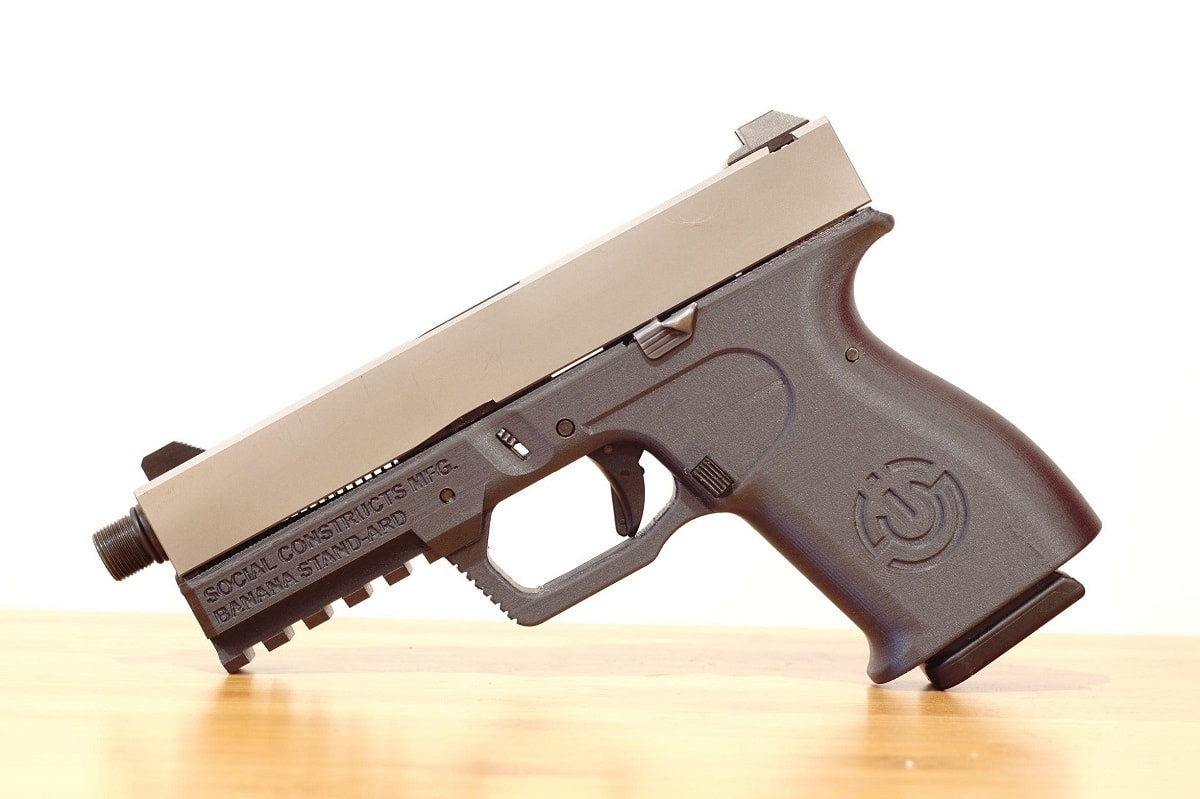Even before we entered the official “Halloween Season,” California lawmakers have been going after a sort of “ghost.” Since summer, local legislators have been taking aim at so-called “ghost guns.”
In August, San Diego advanced the first ban in the Golden State on firearms parts that could be used to create the unregistered and often times homemade firearms. Lawmakers in “America’s Finest City” have said that increasingly, firearms that are produced with the parts, including unfinished receivers, have been turning up in the hands of criminals. San Diego became the first in the state to prohibit the sale of the frame and receiver, two crucial components of a firearm, which lack a serial number.
“Ghost guns are the future of the industry and we’re going to have to catch up with our legal interventions,” San Diego city council member Marni von Wilpert, who introduced the ban, told The Guardian. “We’re trying to pressure manufacturers to not let people who are prohibited buyers from getting these guns.”
Last month, San Francisco also passed a measure forbidding the sale of un-serialized weapons as well as any parts by an unlicensed dealer.
The City by the Bay’s Board of Supervisors unanimously voted to approve legislation from Supervisor Catherine Stefani that further prohibits the sale or possession of ghost guns within the city. Cities across the Golden State have been ramping up their efforts to try and stop the flow of the do-it-yourself firearms, as law enforcement has claimed more have been linked to crimes.
According to reports, San Diego police recovered 211 ghost guns in 2020, up from 77 a year prior. Already this year, at least 360 have been seized, including one that was allegedly used in a murder in April. San Francisco has also reported an uptick in the number of ghost guns that have been seized – with 97 being found in 2019 and 164 recovered last year. So far this year, at least 150 have gone through the city’s crime lab, according to the San Francisco district attorney’s office.
All these efforts at the city level come as the state already is set to have a law go into effect next summer that would treat kits sales in a similar manner to traditional firearms, and could require parts to undergo a background check. Additionally, the Bureau of Alcohol, Firearms, and Tobacco (ATF) has proposed a new rule that would expand the definition of what it considers a firearm, while it has also called for the establishment of federal rules for homemade guns.
In addition to the bans, cities including Los Angeles and San Francisco have taken another approach: lawsuits. Both cities are suing the manufacturers of the parts that can be used to make the DIY firearms as well as dealers, alleging deceptive business practices.
Critics of these measures argue law-abiding citizens, not criminals are punished.
“The only individuals who should be held accountable for criminal acts are the criminal themselves,” NRA spokeswoman Amy Hunter said in a statement, reported by FoxNews last year when the topic of banning ghost guns was first brought up.
“It’s perfectly legal to make your own gun and it’s not regulated in this country, not regulated in the same way, of course,” Hunter added. “California has a different set of regulations, like if you make a gun in California, you have to tell the state about it. But again, I’m able to sell my stuff in California. It’s not illegal.”
Peter Suciu is a Michigan-based writer who has contributed to more than four dozen magazines, newspapers and websites. He regularly writes about military small arms, and is the author of several books on military headgear including A Gallery of Military Headdress, which is available on Amazon.com.

